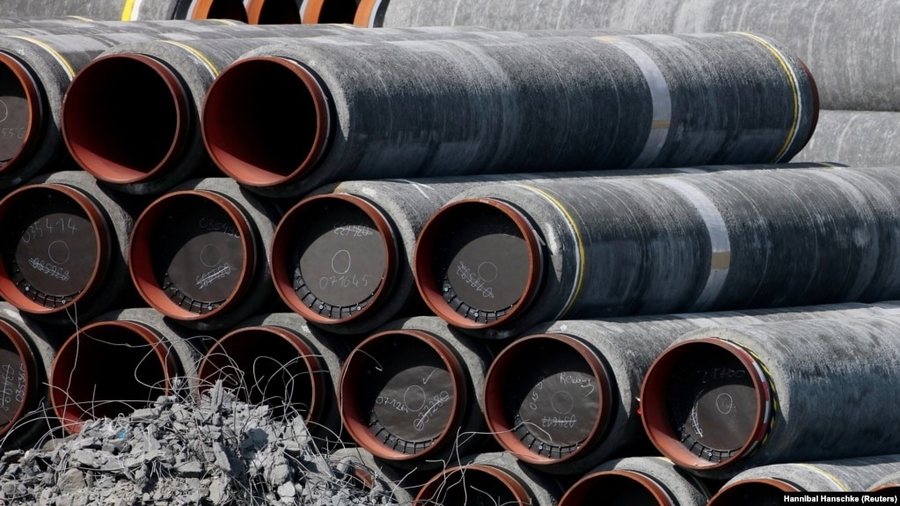
NATO is looking for solutions to secure infrastructure in the Baltic Sea, as tensions and incidents rise in the region. Countries like Germany, Russia, and Latvia border the sea, which is home to many critical cables and pipelines. Voice of America's Vladislavs Andrejevs provides more details on these efforts.
In recent years, the Baltic Sea has seen a series of incidents involving damage to power and communication lines on the seabed. Suspicion has been raised about the cases involving ships linked to China and Russia.
"In the last 15 months, 11 (communication) cables have been damaged, which has also led to disruptions. Of course, we have to take this into account. We have increased our presence there, as well as the presence of our NATO partners," said Andris Sprud, Latvia's defense minister.
There is no conclusive evidence that the damage was done intentionally, but some Baltic military officials are concerned that such a high number of incidents could suggest sabotage.
"In the last three months there have been many cases of incidents with anchors. Of course, such things happen, but it is unlikely to happen so often in such a small area," says Latvian Navy Commander Maris Polencs.
Scientists are trying to figure out how to better protect strategic underwater infrastructure. Staff at NATO's Center for Maritime Research and Experimentation, or CMRE, in Italy, say they have made improvements in tracking maritime transport in the region.
"The algorithms that the center has developed, often using artificial intelligence, have served to monitor ship traffic, especially commercial ships. But also civilian traffic in different locations. It turns out that it is working very well," says Eric Pouliquen, director of CMRE.
Even if the recent events are accidental, NATO is not prepared for sabotage in the Baltic Sea, says former Latvian Defense Minister Artis Pabriks.
"We need to predict and determine which ships could threaten us, this is a task for the intelligence services," Mr. Pabriks said.
In late January, NATO promised to deploy frigates, aircraft and naval drones to help protect critical infrastructure in the region. /VOA (A2 Televizion)











